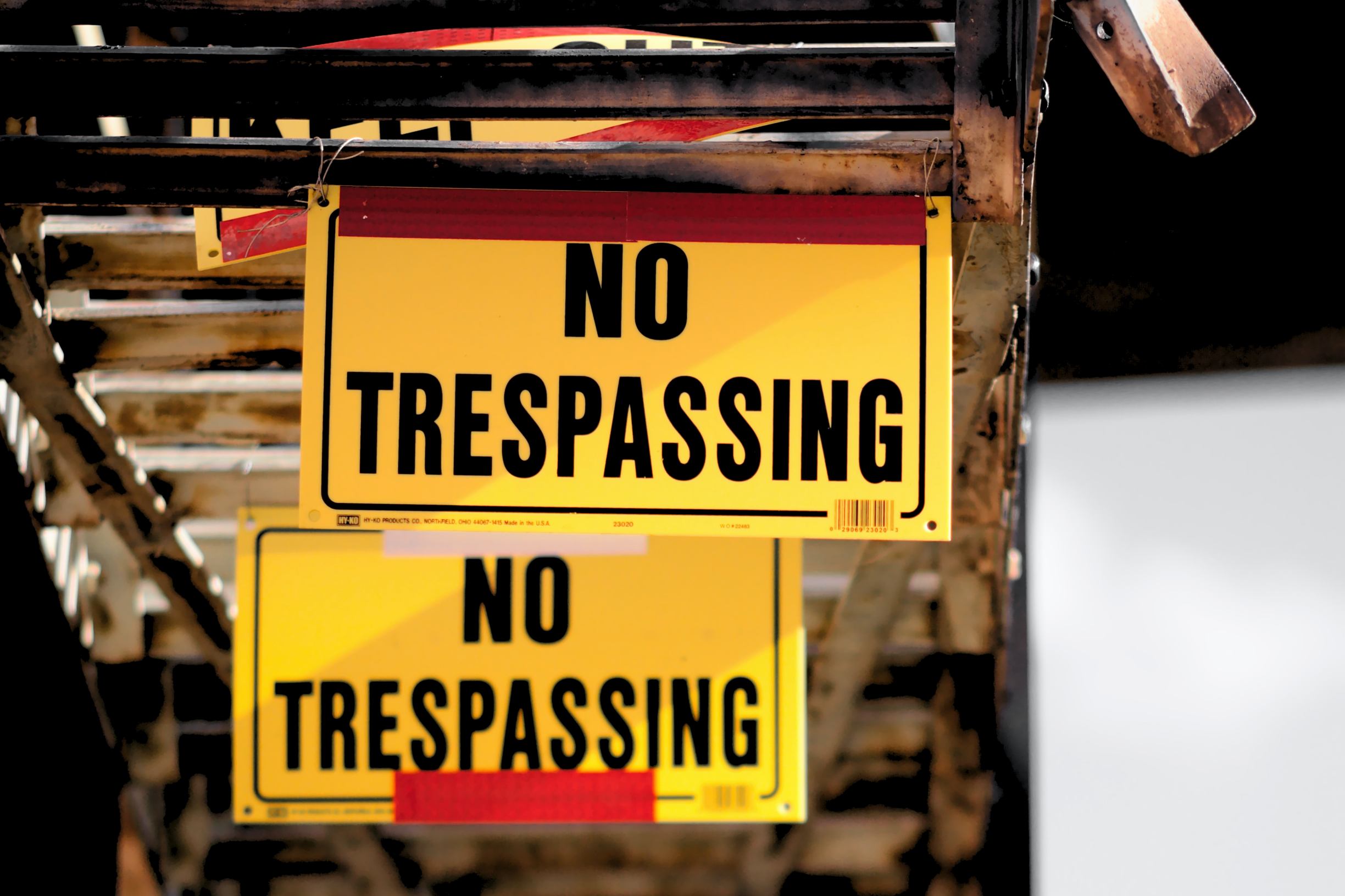How to Set Boundaries in Relationships
RAFT Team, August 16, 2021
Anytime you’re interacting with someone else, you’re following (or not following) particular rules of engagement. We call these boundaries, and they clearly mark where one thing ends, and another begins. Boundaries are often unspoken, which can make them difficult to be aware of. Your boundaries can be influenced by your culture, upbringing, life experience, and belief system. Ultimately, they help define who you are, what you’re comfortable with, and how you want to be treated by others. Most boundaries typically fall within the following categories:
- Physical — how you take up space in the world
- Emotional — how you govern your feelings
- Material — how you interact with your possessions and finances
- Sexual — how you determine your expectations regarding intimacy
- Time — how you fill your days
- Digital — how you choose to show up in the virtual world
Knowing your specific boundaries and comfort level in these 6 areas will help you communicate them to others. This knowledge makes interactions with your co-workers, friends, family members, new acquaintances, and even strangers a bit easier to navigate.
Understanding Your Boundaries
Boundaries can be difficult to navigate. As an Advocate, you help others enforce their boundaries daily. But when was the last time you thought about your own boundaries? Do you know what they are? Do you enforce them? You probably find it difficult to say no, to make time for yourself. You may find it easier to take on other people’s emotions and problems as your own, or feel obligated to put your friends' or family’s needs above your own.
Did you have any interactions in the past week that made you uncomfortable? Take a look at the list above and determine which category that action falls under. Here are a few examples:
- Did a meeting run long, even after you told that person you had to go?
- Maybe someone pushed for a conversation you weren’t yet ready to have?
- Did you feel obligated to verbally affirm someone when it’s not how you really felt?
- Were you criticized in front of others?
- Did you have to split a lunch bill before this financial arrangement was agreed on by all present?
- Did someone sit too close for comfort?
- Or want a hug when you weren’t comfortable with it?

Enforcing Your Boundaries
If you’ve felt uncomfortable in any of these situations, it’s likely that someone crossed one of your set boundaries. It’s important to acknowledge these things to those who have crossed the line. Sometimes you can in the moment, like stepping back from hug or handshake while saying, “I’m not doing that right now but it’s very nice to see you!” Sometimes it’s okay to re-approach a situation later, like letting a colleague know that you found it unacceptable when they poked fun at you in a meeting.
These are all ways you can let the people around you know what works for you and what doesn’t. When they do the same in return, and are open about their own boundaries, you can have a healthy, happy relationship with one another. The very best thing you can give yourself and those around is the ability to stay present, to discuss boundaries as they come up, and be willing to enforce them, even if it’s uncomfortable.
Changing Your Boundaries
It’s important to remember that your set boundaries can change. At any time. For any reason. It’s also important that you communicate any boundary changes to the people you’re interacting with so they can adjust their actions and expectations.
It’s also perfectly okay to distance yourself from those who don’t respect your boundaries. We all want to bring our best to the world, but being able to BE our best often requires that those around us respect our boundaries. When we don’t have the time, energy, or emotional health to do what we love, it’s often because boundaries have been crossed.
If you have a difficult time saying no, learn how to set boundaries and give a positive no in this article. It will get you well on your way to enforcing your boundaries so you can live the life you were made to live.







